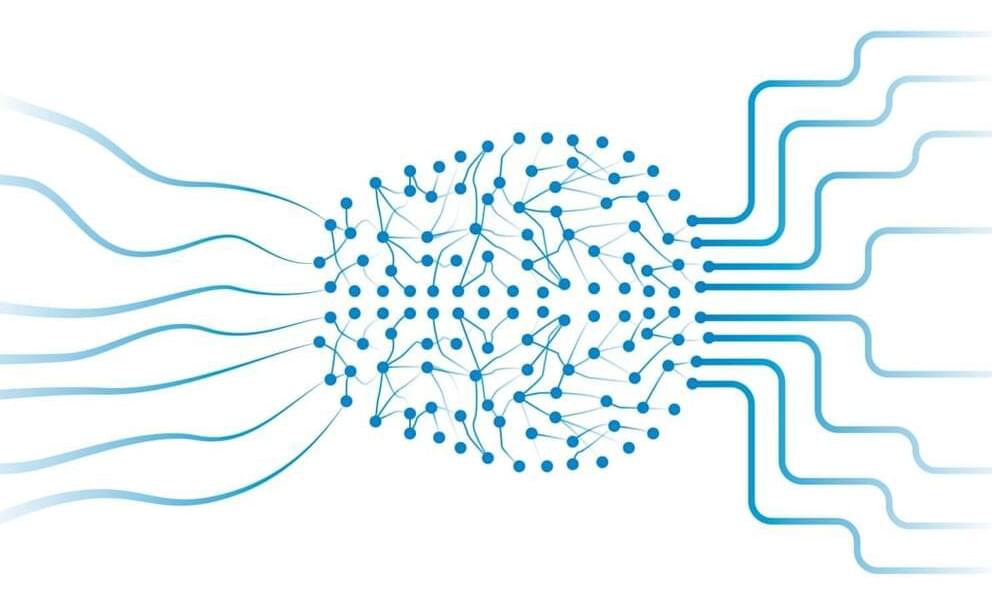Every year, the Stanford Institute for Human-Centered Artificial Intelligence (HAI) puts out its AI Index, a massive compendium of data and graphs that tries to sum up the current state of artificial intelligence. The 2022 AI Index, which came out this week, is as impressive as ever, with 190 pages covering R&D, technical performance, ethics, policy, education, and the economy. I’ve done you a favor by reading every page of the report and plucking out 12 charts that capture the state of play.
It’s worth noting that many of the trends I reported from last year’s 2021 index still hold. For example, we are still living in a golden AI summer with ever-increasing publications, the AI job market is still global, and there’s still a disconcerting gap between corporate recognition of AI risks and attempts to mitigate said risks. Rather than repeat those points here, we refer you to last year’s coverage.








